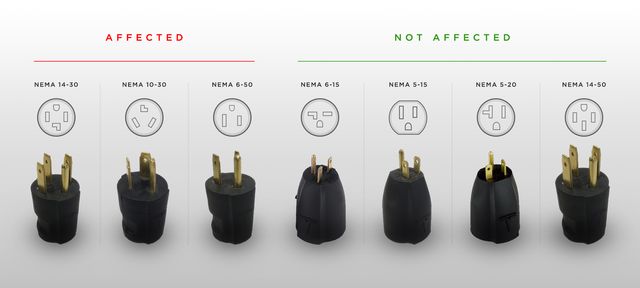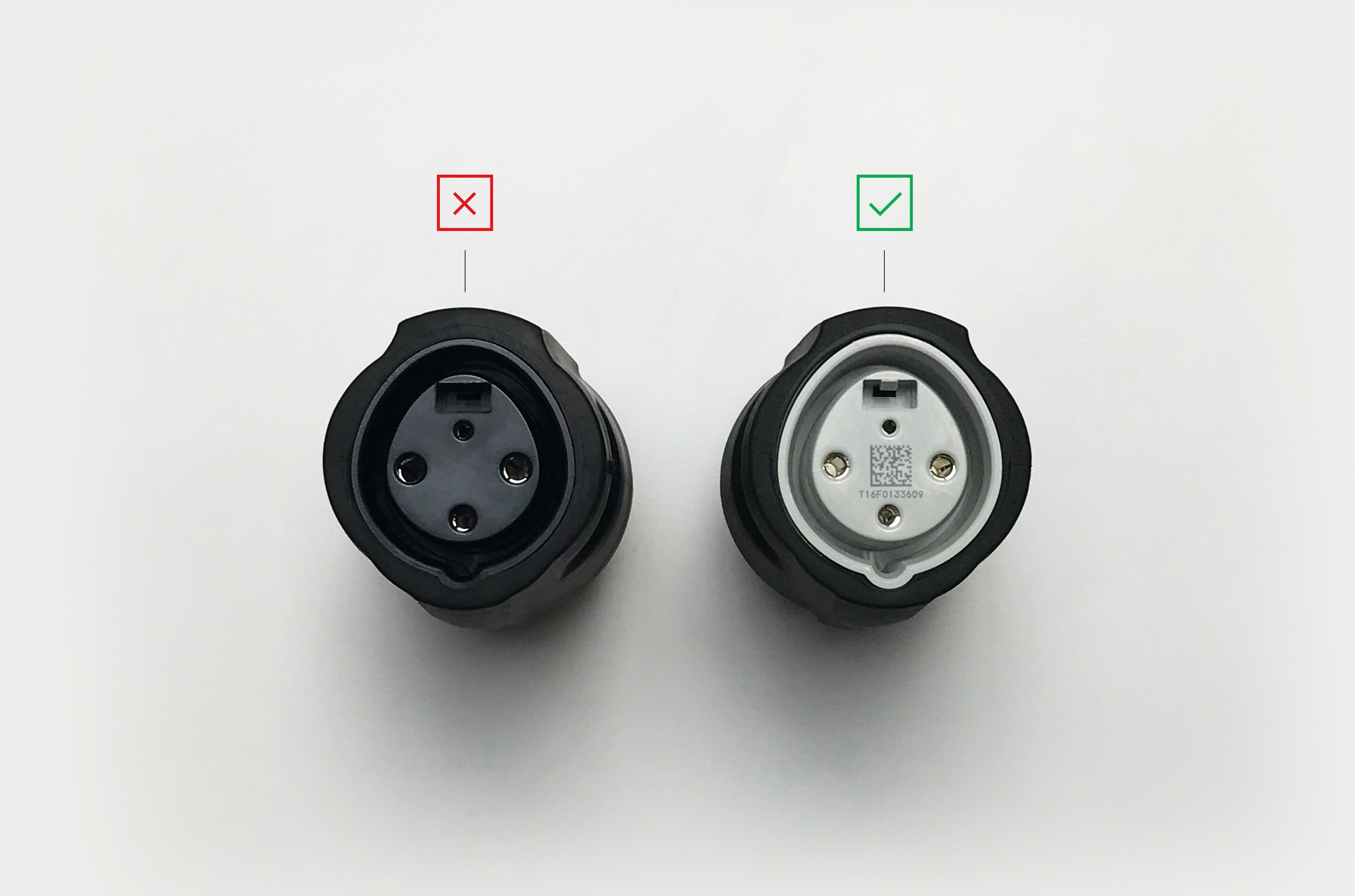News
Tesla recalls charging adapters after two reports of plugs overheating
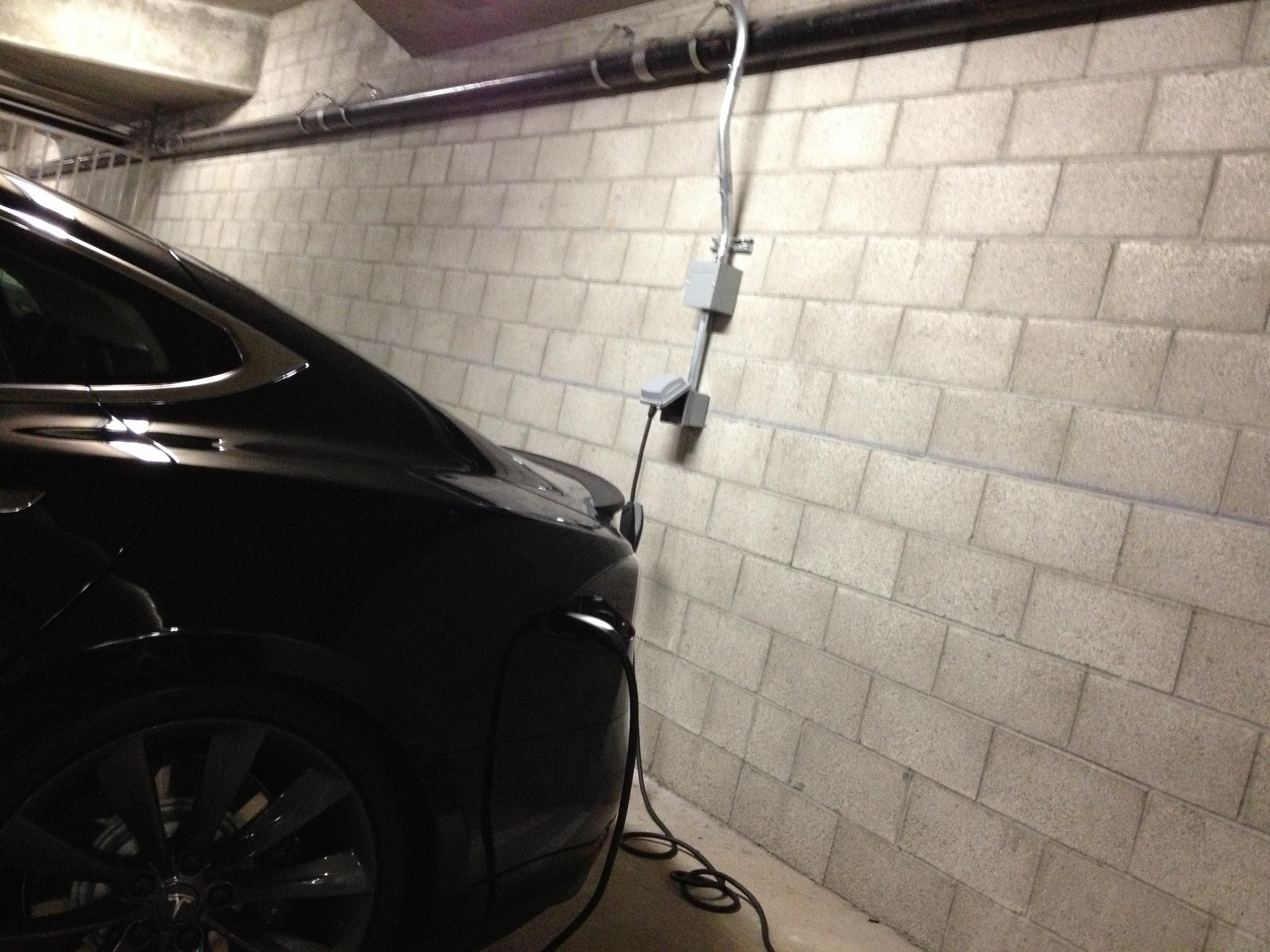
Tesla Motors, Inc. has voluntarily recalled approximately 7,000 charging adapters after two cases of melted plastic around the NEMA 14-30 charging plug adapter were reported. No damage besides the melted plastic around the plug was reported in either case, according to a blog post made by Tesla.
The company writes, “In November 2016, we learned about two customers whose NEMA 14-30 charging adapters overheated. These are the only two such incidents that we know of anywhere in the world and neither resulted in any injuries or property damage. However, out of an abundance of caution, we’re replacing NEMA 14-30, 10-30 and 6-50 adapters that were made years ago by our original supplier.”
Replacements will be shipped beginning in the next few weeks, and Tesla advises customers to avoid using the specific adapter in the meantime. As noted, the recall does not involve the Tesla Wall Connector, Universal Mobile Connector (UMC), or popular NEMA 14-50 or 5-15 adapters that come standard with each Model S and Model X vehicle via the UMC kit.
Tesla said it notified U.S. regulators of its voluntary recall today. This will be the first Tesla recall of an accessory. A year ago, the company voluntarily recalled seat belts on all Model S after one report of an improperly latched front seat belt. In April, Tesla voluntarily recalled fewer than 3,000 Model X SUVs over concerns of strength on the third-row seats.
Recalls are common in the U.S. automotive industry. The National Highway Transportation Safety Administration has calculated that over 50 million cars had recalls of some kind in the last year.
Tesla will also replace the NEMA 10-30 and 6-50 adapters, which have a similar design, even though there have not been any reported instances of overheating in that type of adapter. Those replacements will take about three months. Tesla says that customers can continue to use them in the meantime.
The recall involved a rarely used accessory item that is sold through the company’s online store. No international customers are affected.
We’ve provided the issued statement from Tesla
NEMA 14-30, 10-30, 6-50 Adapter Recall
Because safety is our top priority at Tesla, we want to inform you of an action we’re voluntarily taking to recall a small number of charging adapters.
This recall does not involve the Tesla Wall Connector, Universal Mobile Connector, NEMA 14-50 adapter, or NEMA 5-15 adapter that came standard with your Tesla and that most of our customers use for charging. It only involves NEMA 14-30, 10-30, and 6-50 adapters, which are sold separately as accessories and which are used by relatively few of our customers.
In November 2016, we learned about two customers whose NEMA 14-30 charging adapters overheated. These are the only two such incidents that we know of anywhere in the world and neither resulted in any injuries or property damage. However, out of an abundance of caution, we’re replacing NEMA 14-30, 10-30 and 6-50 adapters that were made years ago by our original supplier.
If you have one of these NEMA 14-30 adapters and regularly use it, you will receive a replacement from us within the next couple of weeks. If you do not regularly use it you will receive a replacement as soon as possible. Until then, we ask that you stop using your current adapter, and that you instead charge your car in a different way, such as with a Tesla Wall Connector or NEMA 14-50 adapter (if you have one), or by Supercharging.
Although there have been no incidents with NEMA 10-30 or 6-50 adapters, they have some common elements with the NEMA 14-30, so we will be replacing those as well. These replacements will take about three months to develop and manufacture. In the meantime, since none of these adapters has ever overheated, you can continue to use them if you do not have another way to charge your car.
If you need additional assistance, you can also contact us by phone at 877-798-3752 or by email at ServiceHelpNA@teslamotors.com.
How to determine if your adapter is affected by the recall
Your adapter will likely be included in the recall if you purchased it more than six months ago. To check, compare the part number on the prong side of the adapter to the table below. If you find a match, your adapter will be replaced.
| Recalled Adapter | Part Number |
| NEMA 6-50 | 1016021-00-A |
| NEMA 6-50 | 1016021-00-B |
| NEMA 10-30 | 1016174-00-B |
| NEMA 14-30 | 1018243-00-A |
| NEMA 14-30 | 1018243-00-B |
The latest version of the NEMA 14-30 adapter does not need to be replaced. They have part number 1018243-00-C and have a gray plastic cap (on the right in the photo), rather than a black plastic cap (on the left in the photo).
Are any of the standard equipment adapters affected?
No, only 14-30, 10-30 or 6-50 accessory adapters purchased separately are impacted by this recall. The 14-50 and 5-15 adapters included with your Tesla are not affected.
When will I receive my replacement adapter?
Replacement 14-30 adapters for those who regularly use them will be shipped to the address we have on file within the next couple weeks. Replacement 10-30 and 6-50 adapters will be shipped to the address we have on file in about three months. Please verify your address by signing in to your account.
May I exchange my adapter at a store or service center?
Replacement adapters will be mailed to your home. We will not carry replacement adapters in our stores and service centers until after the recall is complete.
Are the adapters made by Tesla?
The adapters were designed by Tesla and produced by a supplier.
What will Tesla do with the old adapters?
Tesla will recycle materials from the returned adapters.

Elon Musk
Tesla announces crazy new Full Self-Driving milestone
The number of miles traveled has contextual significance for two reasons: one being the milestone itself, and another being Tesla’s continuing progress toward 10 billion miles of training data to achieve what CEO Elon Musk says will be the threshold needed to achieve unsupervised self-driving.
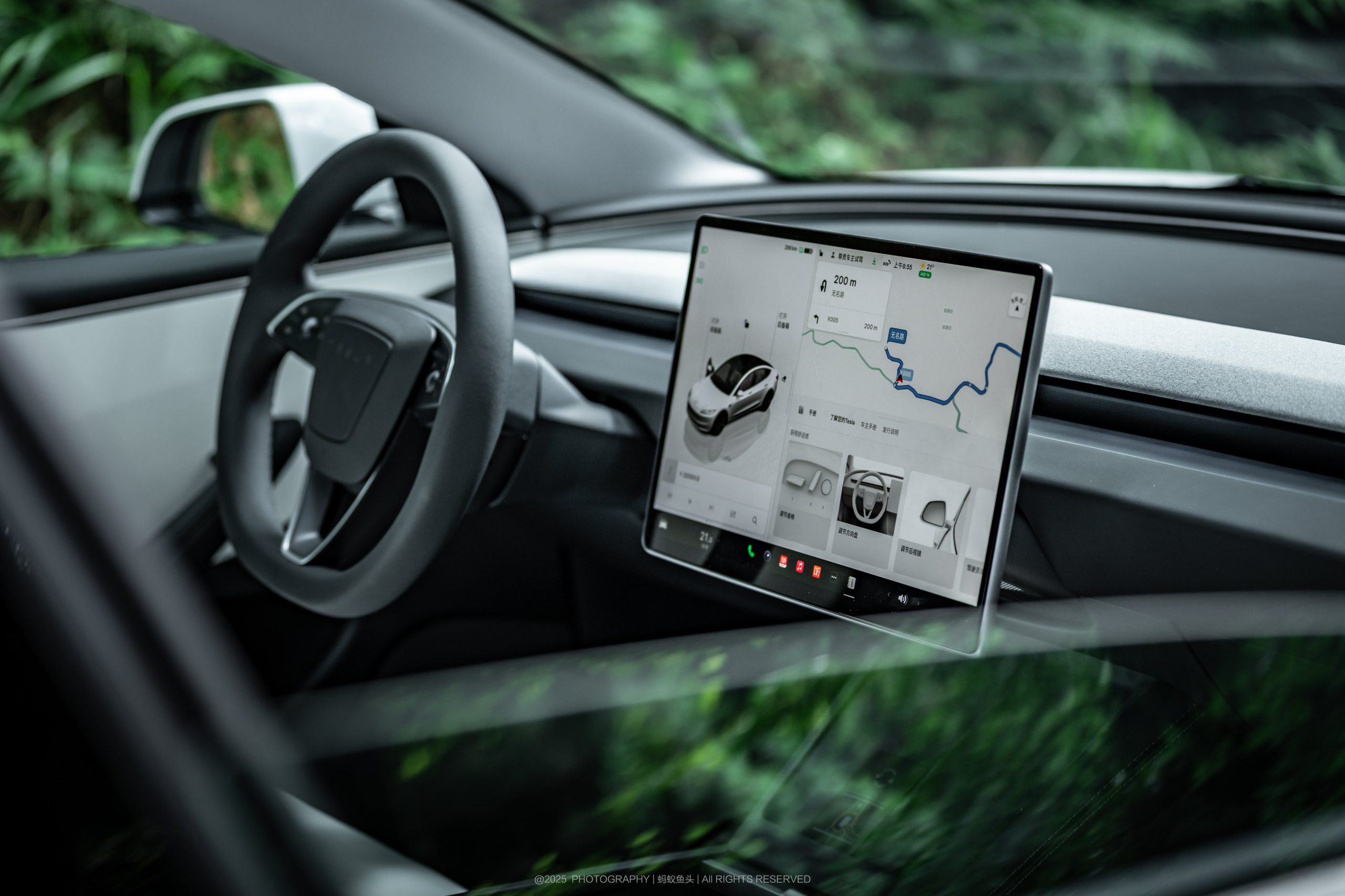
Tesla has announced a crazy new Full Self-Driving milestone, as it has officially confirmed drivers have surpassed over 8 billion miles traveled using the Full Self-Driving (Supervised) suite for semi-autonomous travel.
The FSD (Supervised) suite is one of the most robust on the market, and is among the safest from a data perspective available to the public.
On Wednesday, Tesla confirmed in a post on X that it has officially surpassed the 8 billion-mile mark, just a few months after reaching 7 billion cumulative miles, which was announced on December 27, 2025.
Tesla owners have now driven >8 billion miles on FSD Supervisedhttps://t.co/0d66ihRQTa pic.twitter.com/TXz9DqOQ8q
— Tesla (@Tesla) February 18, 2026
The number of miles traveled has contextual significance for two reasons: one being the milestone itself, and another being Tesla’s continuing progress toward 10 billion miles of training data to achieve what CEO Elon Musk says will be the threshold needed to achieve unsupervised self-driving.
The milestone itself is significant, especially considering Tesla has continued to gain valuable data from every mile traveled. However, the pace at which it is gathering these miles is getting faster.
Secondly, in January, Musk said the company would need “roughly 10 billion miles of training data” to achieve safe and unsupervised self-driving. “Reality has a super long tail of complexity,” Musk said.
Training data primarily means the fleet’s accumulated real-world miles that Tesla uses to train and improve its end-to-end AI models. This data captures the “long tail” — extremely rare, complex, or unpredictable situations that simulations alone cannot fully replicate at scale.
This is not the same as the total miles driven on Full Self-Driving, which is the 8 billion miles milestone that is being celebrated here.
The FSD-supervised miles contribute heavily to the training data, but the 10 billion figure is an estimate of the cumulative real-world exposure needed overall to push the system to human-level reliability.
News
Tesla Cybercab production begins: The end of car ownership as we know it?
While this could unlock unprecedented mobility abundance — cheaper rides, reduced congestion, freed-up urban space, and massive environmental gains — it risks massive job displacement in ride-hailing, taxi services, and related sectors, forcing society to confront whether the benefits of AI-driven autonomy will outweigh the human costs.
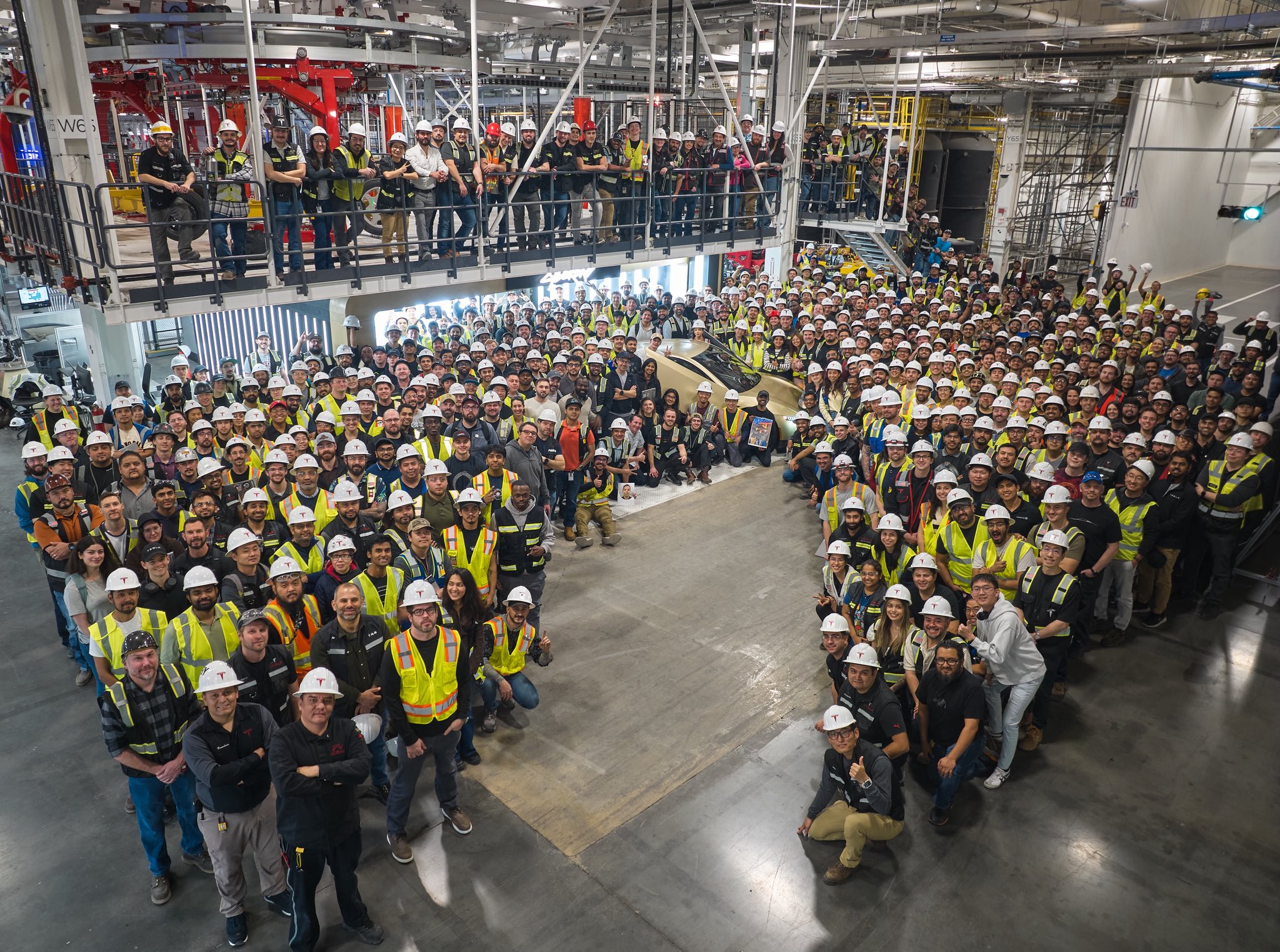
The first Tesla Cybercab rolled off of production lines at Gigafactory Texas yesterday, and it is more than just a simple manufacturing milestone for the company — it’s the opening salvo in a profound economic transformation.
Priced at under $30,000 with volume production slated for April, the steering-wheel-free, pedal-less Robotaxi-geared vehicle promises to make personal car ownership optional for many, slashing transportation costs to as little as $0.20 per mile through shared fleets and high utilization.
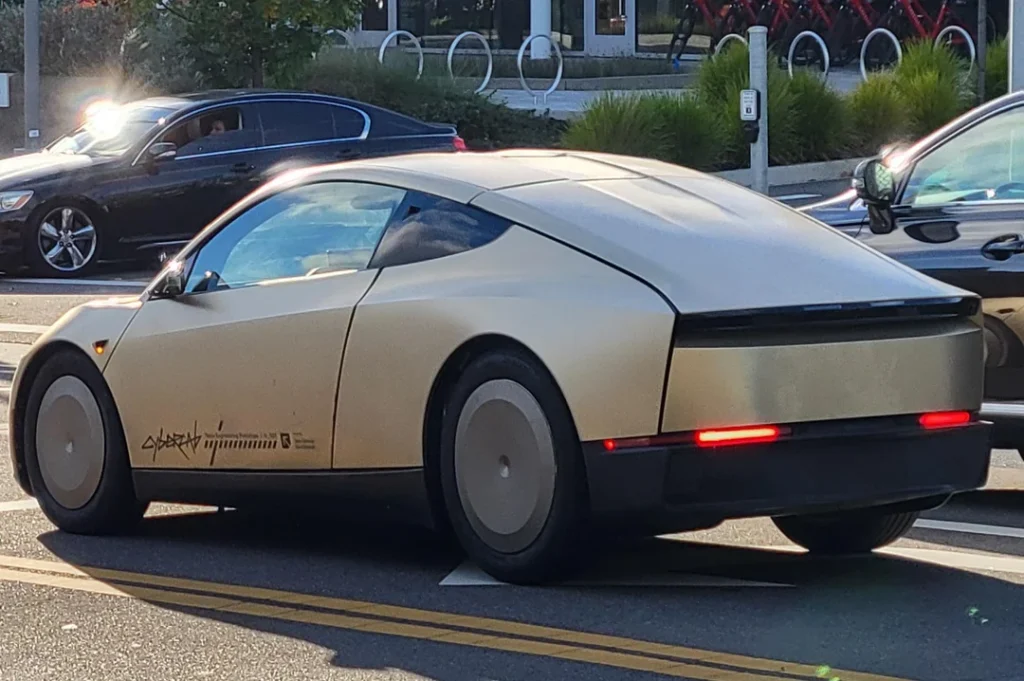
Credit: wudapig/Reddit< /a>
While this could unlock unprecedented mobility abundance — cheaper rides, reduced congestion, freed-up urban space, and massive environmental gains — it risks massive job displacement in ride-hailing, taxi services, and related sectors, forcing society to confront whether the benefits of AI-driven autonomy will outweigh the human costs.
Let’s examine the positives and negatives of what the Cybercab could mean for passenger transportation and vehicle ownership as we know it.
The Promise – A Radical Shift in Transportation Economics
Tesla has geared every portion of the Cybercab to be cheaper and more efficient. Even its design — a compact, two-seater, optimized for fleets and ride-sharing, the development of inductive charging, around 300 miles of range on a small battery, half the parts of the Model 3, and revolutionary “unboxed” manufacturing — is all geared toward rapid production.
Operating at a fraction of what today’s rideshare prices are, the Cybercab enables on-demand autonomy for a variety of people in a variety of situations.
Tesla ups Robotaxi fare price to another comical figure with service area expansion
It could also be the way people escape expensive and risky car ownership. Buying a vehicle requires expensive monthly commitments, including insurance and a payment if financed. It also immediately depreciates.
However, Cybercab could unlock potential profitability for owning a car by adding it to the Robotaxi network, enabling passive income. Cities could have parking lots repurposed into parks or housing, and emissions would drop as shared electric vehicles would outnumber gas cars (in time).
The first step of Tesla’s massive production efforts for the Cybercab could lead to millions of units annually, turning transportation into a utility like electricity — always available, cheap, and safe.
The Dark Side – Job Losses and Industry Upheaval
With Robotaxi and Cybercab, they present the same negatives as broadening AI — there’s a direct threat to the economy.
Uber, Lyft, and traditional taxis will rely on human drivers. Robotaxi will eliminate that labor cost, potentially displacing millions of jobs globally. In the U.S. alone, ride-hailing accounts for billions of miles of travel each year.
There are also potential ripple effects, as suppliers, mechanics, insurance adjusters, and even public transit could see reduced demand as shared autonomy grows. Past automation waves show job creation lags behind destruction, especially for lower-skilled workers.
Gig workers, like those who are seeking flexible income, face the brunt of this. Displaced drivers may struggle to retrain amid broader AI job shifts, as 2025 estimates bring between 50,000 and 300,000 layoffs tied to artificial intelligence.
It could also bring major changes to the overall competitive landscape. While Waymo and Uber have partnered, Tesla’s scale and lower costs could trigger a price war, squeezing incumbents and accelerating consolidation.
Balancing Act – Who Wins and Who Loses
There are two sides to this story, as there are with every other one.
The winners are consumers, Tesla investors, cities, and the environment. Consumers will see lower costs and safer mobility, while potentially alleviating themselves of awkward small talk in ride-sharing applications, a bigger complaint than one might think.
Elon Musk confirms Tesla Cybercab pricing and consumer release date
Tesla investors will be obvious winners, as the launch of self-driving rideshare programs on the company’s behalf will likely swell the company’s valuation and increase its share price.
Cities will have less traffic and parking needs, giving more room for housing or retail needs. Meanwhile, the environment will benefit from fewer tailpipes and more efficient fleets.
A Call for Thoughtful Transition
The Cybercab’s production debut forces us to weigh innovation against equity.
If Tesla delivers on its timeline and autonomy proves reliable, it could herald an era of abundant, affordable mobility that redefines urban life. But without proactive policies — retraining, safety nets, phased deployment — this revolution risks widening inequality and leaving millions behind.
Elon on the MKBHD bet, stating “Yes” to the question of whether Tesla would sell a Cybercab for $30k or less to a customer before 2027 https://t.co/sfTwSDXLUN
— TESLARATI (@Teslarati) February 17, 2026
The real question isn’t whether the Cybercab will disrupt — it’s already starting — it’s whether society is prepared for the economic earthquake it unleashes.
News
Tesla Model 3 wins Edmunds’ Best EV of 2026 award
The publication rated the Model 3 at an 8.1 out of 10, and with its most recent upgrades and changes, Edmunds says, “This is the best Model 3 yet.”
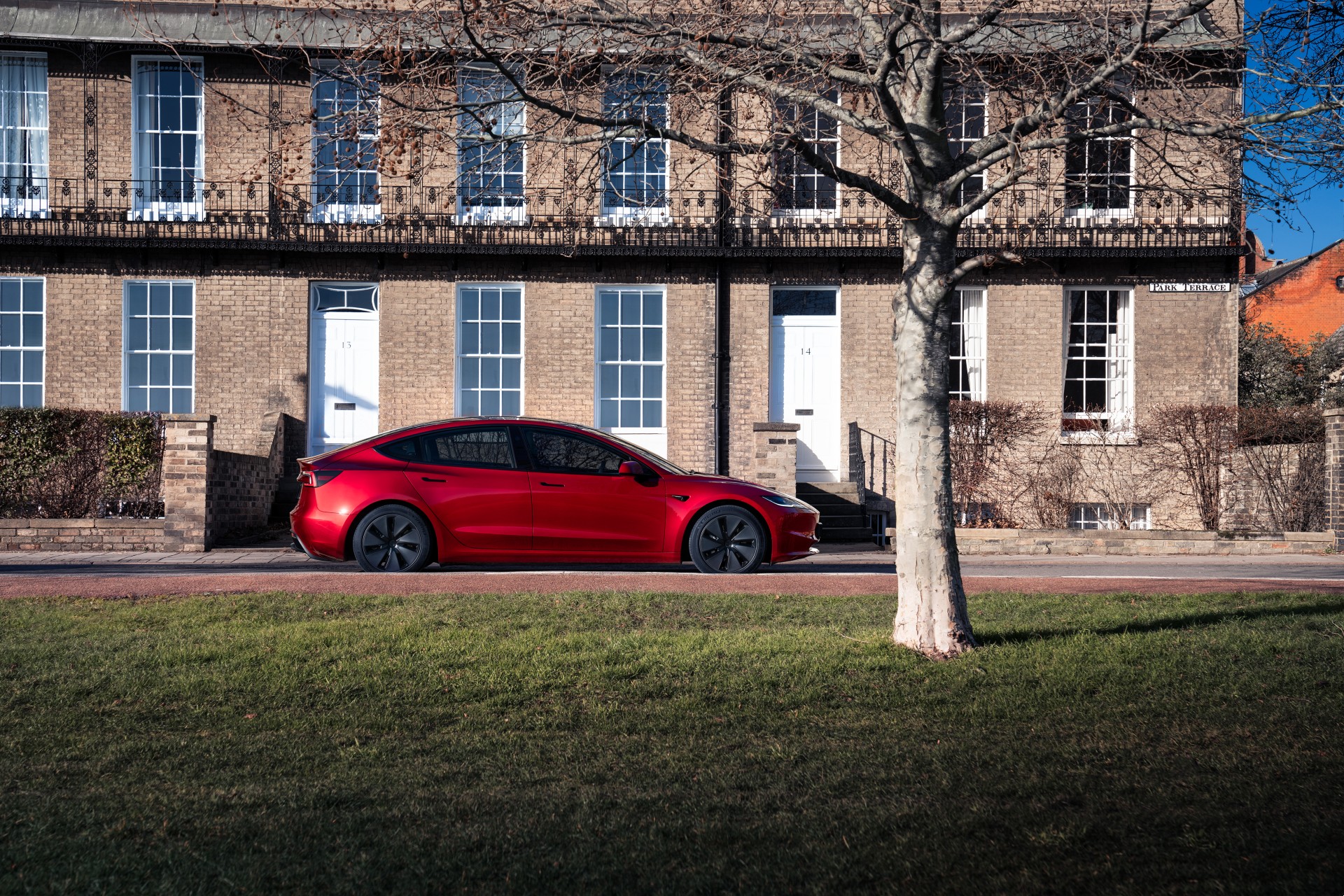
The Tesla Model 3 has won Edmunds‘ Top Rated Electric Car of 2026 award, beating out several other highly-rated and exceptional EV offerings from various manufacturers.
This is the second consecutive year the Model 3 beat out other cars like the Model Y, Audi A6 Sportback E-tron, and the BMW i5.
The car, which is Tesla’s second-best-selling vehicle behind the popular Model Y crossover, has been in the company’s lineup for nearly a decade. It offers essentially everything consumers could want from an EV, including range, a quality interior, performance, and Tesla’s Full Self-Driving suite, which is one of the best in the world.
The Tesla Model 3 has won Edmunds Top EV of 2026:
“The Tesla Model 3 might be the best value electric car you can buy, combining an Edmunds Rating of 8.1 out of 10, a starting price of $43,880, and an Edmunds-tested range of 338 miles. This is the best Model 3 yet. It is… pic.twitter.com/ARFh24nnDX
— TESLARATI (@Teslarati) February 18, 2026
The publication rated the Model 3 at an 8.1 out of 10, and with its most recent upgrades and changes, Edmunds says, “This is the best Model 3 yet.”
In its Top Rated EVs piece on its website, it said about the Model 3:
“The Tesla Model 3 might be the best value electric car you can buy, combining an Edmunds Rating of 8.1 out of 10, a starting price of $43,880, and an Edmunds-tested range of 338 miles. This is the best Model 3 yet. It is impressively well-rounded thanks to improved build quality, ride comfort, and a compelling combination of efficiency, performance, and value.”
Additionally, Jonathan Elfalan, Edmunds’ Director of Vehicle Testing, said:
“The Model 3 offers just about the perfect combination of everything — speed, range, comfort, space, tech, accessibility, and convenience. It’s a no-brainer if you want a sensible EV.”
The Model 3 is the perfect balance of performance and practicality. With the numerous advantages that an EV offers, the Model 3 also comes in at an affordable $36,990 for its Rear-Wheel Drive trim level.
